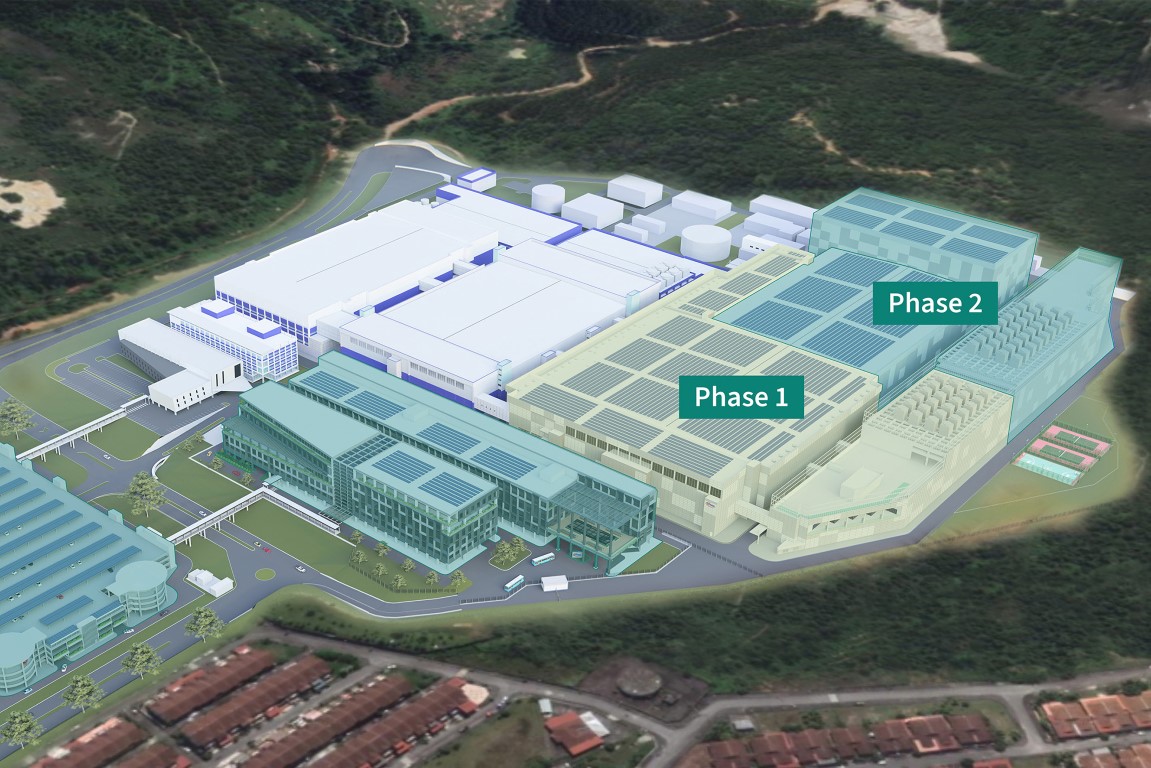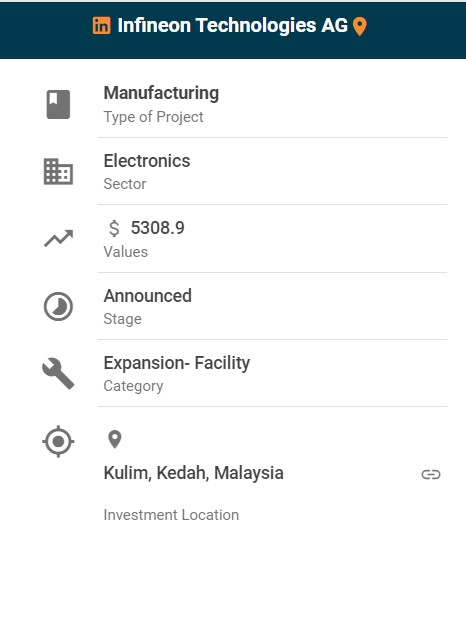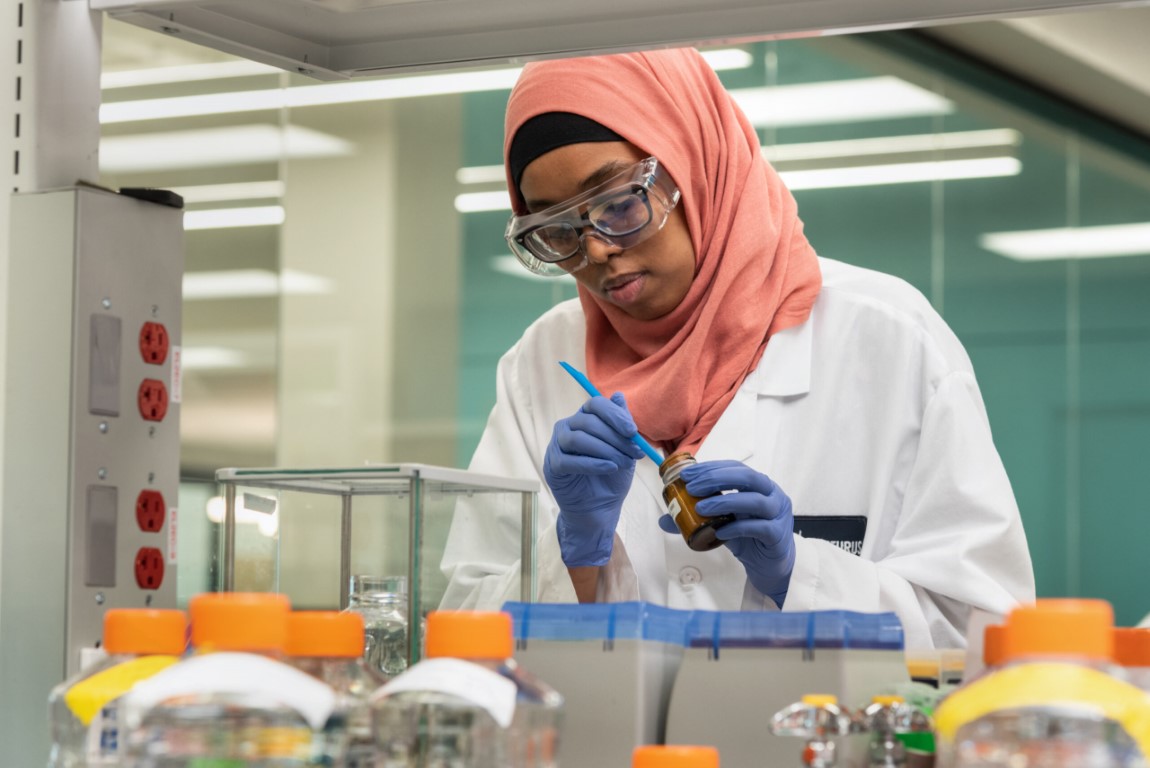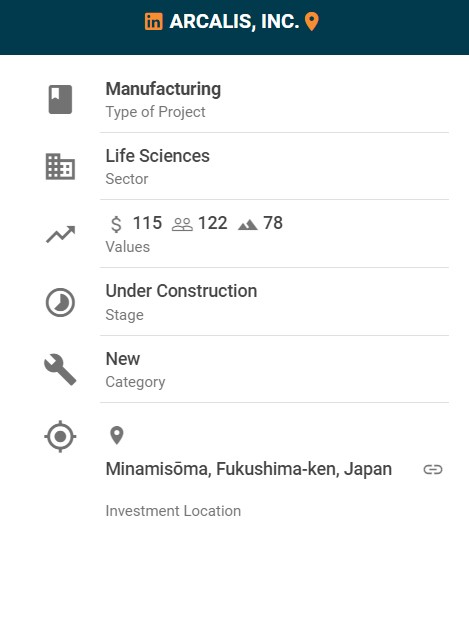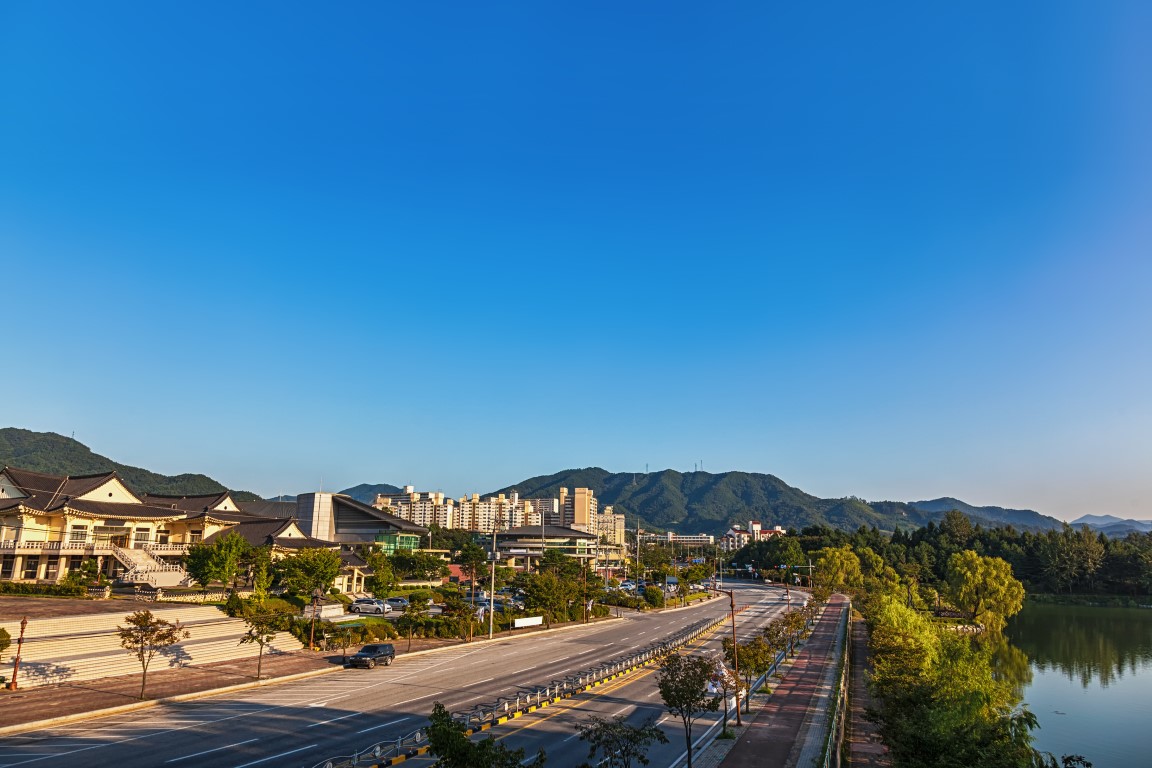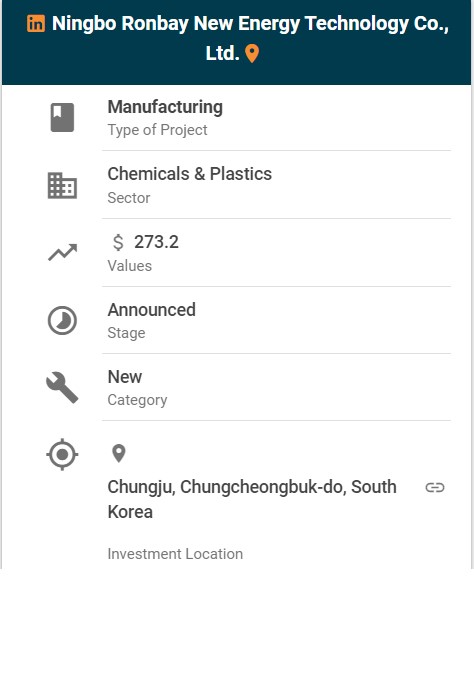|
|||
|
|||
|
|||
|
Kulim, Malaysia |
|||
|
|||
|
Minamisōma City, Japan |
|||
|
|||
|
Chungju, South Korea |
|||
|
|
Project Bulletin

